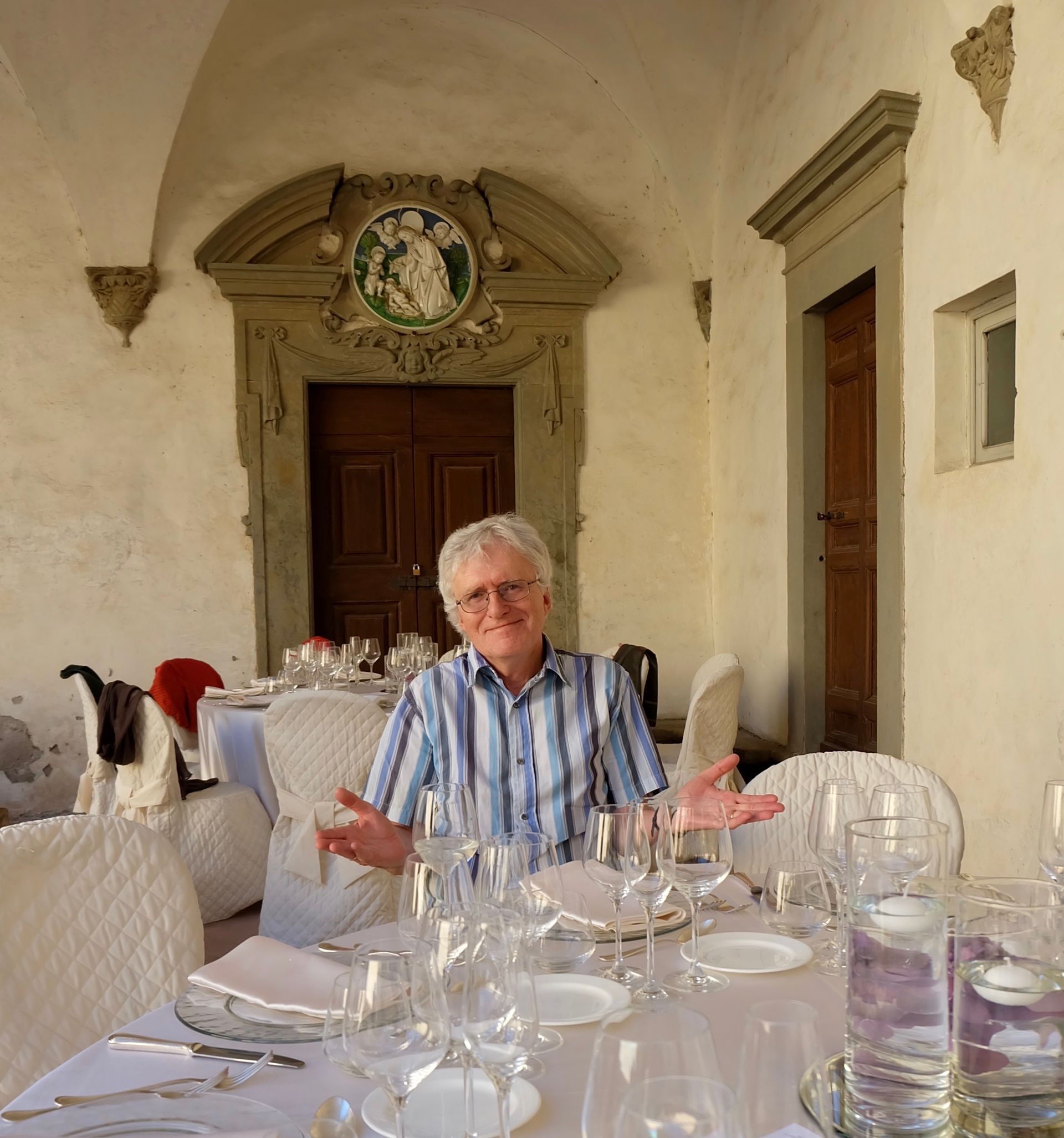In Podcast: 1873–2023, Alessandro Manzoni’s Legacy
In Italy this year there has been no shortage of Manzoni celebrations, particularly in Milan. And in Australasia?
Dr
Stefano Bona, Lecturer in Italian Studies at
Flinders University, Adelaide, on the lands of the Kauna nation, has lately been involved in creating a ‘special miniseries’ of radio programmes about Alessandro Manzoni. Now available for listening on demand are two longform interviews with Stefano Pratola at Radio Italiana 531 AM. Here Stefano Bona shares some background to this podcast project.
Stefano writes:
If Dante Alighieri is deservedly recognised for inventing the idea of the Italian language (envisioned, by him, as an ‘eloquent vulgar tongue’), Alessandro Manzoni is deservedly recognised for his vital role – five hundred years after Dante – in fashioning a national language for a united Italy. Born in Milan in 1785, Manzoni died aged 88, also in Milan, having fallen on the steps of San Fedele, his parish church located in the heart of the city. So 2023 marks 150 years since the death of the Lombard intellectual, poet, and novelist, and an important opportunity to understand afresh why Manzoni tirelessly promoted Florentine as the common language of the new Italian state.
Manzoni’s linguistic theory became a matter of artistic and political conviction. As an artistic choice, it involved great tenacity: his celebrated novel I promessi sposi (The Betrothed), set entirely between Lecco, Milan, and the Bergamo area, was written in three different editions over three decades. First published in 1823 as Fermo e Lucia, it was rewritten in 1825–27 under the current title, then further refined between 1827 and 1840, reflecting Manzoni’s progressive approach to the Florentine language, a result of his efforts to write in a purer and less literary Tuscan idiom.
The same approach to language became a political adherence, because, appointed a senator of the new Kingdom of Italy in 1860, Manzoni later became a leading member of the parliamentary commission on language, and wrote the treatise, or policy proposal,
Dell’unità della lingua e dei mezzi di diffonderla (1868). The popularity of this document made it possible to transform an idea about linguistic unity into a fact, one still formative of the ways in which we speak and write Italian – the Italian we learn and teach now around the globe.
In Australasia the anniversary of Manzoni’s death risked going unnoticed. For this reason, I worked with Radio Italiana 531, the Italian language radio service owned and run by the Italian South Australian community, to create a podcast series dedicated to Manzoni. Across the two episodes, Stefano Pratola and I share convivial and close discussion.
‘Part 1’ retraces Manzoni’s life, remembers his ideas, and considers the lasting impact of his work on future generations of Italians. In ‘Part 2’ we rediscover the value of I promessi sposi through selected readings. (Last year, Modern Library published a new translation into English by Michael F. Moore, prefaced by Pulitzer-winning author Jhumpa Lahiri.) We also listen to some themed music – including, of course, Giuseppe Verdi’s Messa da Requiem. Composed in memory of Manzoni as a national hero of Italy, this grand setting of the Catholic funeral Mass was first performed in Milan’s San Marco church, on 22 May 1874, exactly a year after Manzoni’s death.
Insomma, buon ascolto!









